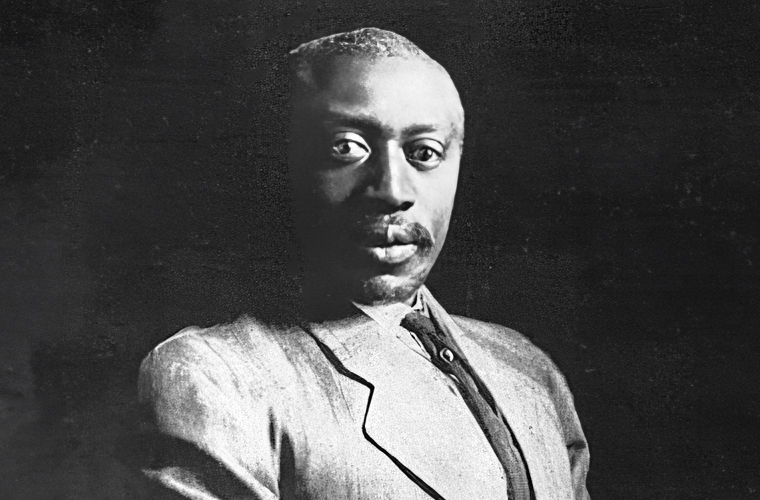Charles S. Lewis Baker (1859–1926) was a prominent American inventor known for patenting the friction heater. His life story is one of resilience and determination, overcoming the challenges of being born into slavery to become a pioneering figure in mechanical sciences. Baker’s early years were marked by hardship, having been born on August 3, 1859, in Savannah, Missouri, as a slave. Tragically, his mother, Betsy Mackay, passed away when he was just three months old, leaving him in the care of the wife of his owner, Sallie Mackay, and his father, Abraham Baker. Despite these difficult circumstances, Baker’s spirit remained unbroken.
As the youngest of five children, Baker grew up alongside his siblings Susie, Peter, Annie, and Ellen. The end of the Civil War brought freedom to the family, marking a significant turning point in their lives. This newfound freedom opened doors to opportunities previously denied to them, setting the stage for Baker’s future pursuits. Baker’s thirst for knowledge led him to pursue an education at Franklin College, where he honed his intellectual abilities and expanded his horizons. His innate curiosity and passion for learning propelled him forward, laying the foundation for his future accomplishments.

Upon completing his education, Baker embarked on a career path that would shape his legacy. His father’s occupation as an express agent provided Baker with valuable insights into the world of transportation and logistics. At the age of fifteen, Baker joined his father as an assistant, gaining hands-on experience and practical skills that would serve him well in his future endeavors. During this formative period, Baker’s interest in mechanical sciences began to take root. Working with wagons and linchpins sparked a deep fascination with the inner workings of machinery and the potential for innovation in this realm. This pivotal experience ignited a passion within Baker, driving him to explore the possibilities of applying mechanical principles to real-world challenges.
Baker’s pioneering spirit and inventive mindset led him to develop the friction heater, a groundbreaking creation that would revolutionize heating technology. Through meticulous experimentation and unwavering dedication, Baker succeeded in obtaining a patent for his innovative device, marking a significant milestone in his career. The friction heater represented a leap forward in heating technology, offering enhanced efficiency and performance compared to existing solutions. Its impact reverberated across various industries, providing a reliable and cost-effective heating solution that addressed critical needs in both residential and commercial settings.
Beyond his technical achievements, Baker’s legacy endures as a testament to the power of perseverance and ingenuity in the face of adversity. His journey from humble beginnings to influential inventors serves as an inspiration to aspiring innovators and underscores the boundless potential inherent in the human spirit.
In recognition of his contributions to the field of mechanical sciences, Charles S. Lewis Baker’s legacy lives on as a beacon of innovation and resilience. His indelible mark on the world of invention serves as a reminder of the transformative power of determination and vision in shaping a brighter future for generations to come.

